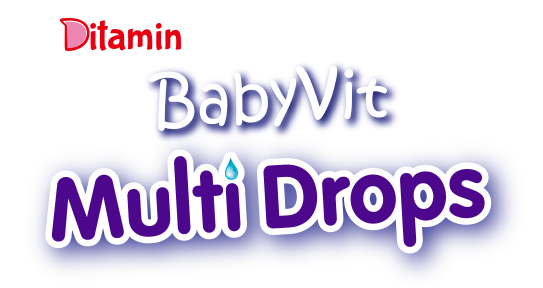
Most parents know that children need vitamins and minerals to stay healthy. But knowing exactly what nutrients and how much they need of each is not always easy. Learning a bit more about vitamins and minerals can help ensure your kids are on the right nutritional track. Despite parents’ best efforts, kids may not always get all the vitamins and minerals they need. To make sure your kids are getting the full range of nutrients that they need, be sure to offer your children a variety of foods. Start by taking a closer look at the foods your kids eat on a regular basis.

The nutrition labels on food packaging can show you which foods contain the proper nutrients. Below is a breakdown of the essential vitamins and minerals that kids and teens need for different areas of growth and where to find them:
- Vitamin A is important for healthy skin and normal growth, and it also helps vision and tissue repair. Vitamin A can be found in rich quantities in yellow and orange vegetables, dairy products, and liver.
- Vitamin B helps the body produce red blood cells and assists in metabolic activities. Vitamin B is found in meat, poultry, fish, soy, milk, eggs, whole grains, and enriched breads and cereals.
- Vitamin C is the body’s tool for healing and fighting off infection, and it also strengthens tissue, muscles, and skin. For healthy doses of vitamin C, look to citrus fruits, strawberries, tomatoes, potatoes, brussels sprouts, spinach, and broccoli.
- Vitamin D helps the body form and maintain strong teeth and bones and assists with the absorption of minerals such as calcium. Vitamin D is found in fortified dairy products and in fish oils. Adequate exposure to sunlight is also a way to get enough vitamin D. Sunlight stimulates the vitamin, which naturally occurs in the skin, to become active in the body. (Remember not to stay in the sun too long without SPF protection.)
- Iron is important for kids, especially during periods of accelerated growth. Iron contributes to the production of blood and the building of muscles. Beef, turkey, fish, beans, and fortified breads and cereals are excellent sources of iron.
- Calcium is vital for the development and maintenance of healthy bones and teeth. Consuming inadequate amounts during childhood can affect growth and development, but it can also lead to weak, fragile, and porous bones (potentially leading to osteoporosis later in life). Calcium is found in low-fat milk, sardines, yogurt, and cheese. It is also present in lesser amounts in vegetables such as broccoli.
Because the body cannot naturally produce all the necessary vitamins and minerals, it is important to ensure that kids get these vital building blocks in the foods they eat. A well-balanced diet is typically all it takes to guarantee that kids and teens are getting the necessary vitamins and minerals. But how much of everything do they need? Because vitamin deficiencies may not be obvious, following the recommendations can help eliminate worries about whether your children are receiving appropriate nutrients.
- Kids need 1.5–4 ounces of whole grains every day, depending on age. Not all brown breads use whole grains, so check the label.
- A healthy serving of vegetables means getting 1–3 cups per day, depending on age. For fruit, kids should get 1–2 cups every day. Fruit juice may count toward this serving, although it’s important to check the label and make sure it contains real fruit content—not just from concentrates or sweeteners.
- To meet calcium requirements, kids need at least 2–3 cups of milk a day. Yogurt and cheese are good milk alternatives. To get the healthiest servings, look for low-fat options.
- Kids should get 2–6.5 ounces of protein per day, depending on age. This is best found in chicken, beef, turkey, and fish. For vegetarian protein choices, look toward nuts, beans, and peas.
Need a vitamin?
For children and teens with highly selective diets, such as vegetarianism or a dairy-free diet, and for children with erratic eating patterns, a health care provider may recommend a daily supplement, the American Academy of Pediatrics says.
Over-the-counter Ditamin BabyVit Multi Drops is typically safe and come in delicious drops forms in case your child has difficulty swallowing. Remember, however, that higher-than-recommended dosages of supplements can cause problems.
Follow label instructions about serving size and dosage instructions. Ask your health care provider for advice if you have questions about supplements. Keep vitamins and supplements out of the reach of children and make sure the items are stored in child-proof containers.


